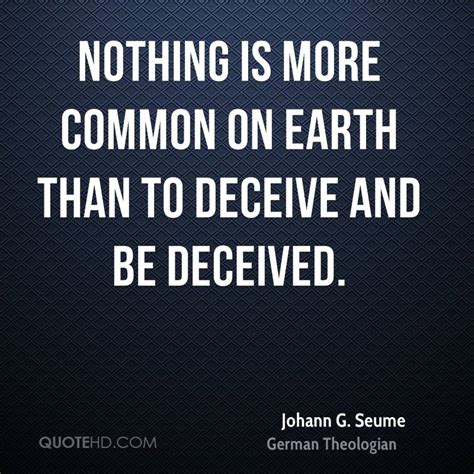A Quote by Johann G. Seume
Tear man out of his outward circumstances; and what he then is; that only is he.
Related Quotes
A man may have lived all of his life in the gray, and the land and trees of him dark and somber. The events, the important ones, may have trooped by faceless and pale. And then-the glory-so that a cricket song sweetens his ears, the smell of the earth rises chanting to his nose, and dappling light under a tree blesses his eyes. Then a man pours outward, a torrent of him, and yet he is not diminished.
Mark the babe not long accustomed to this breathing world; One that hath barely learned to shape a smile, though yet irrational of soul, to grasp with tiny finger - to let fall a tear; And, as the heavy cloud of sleep dissolves, To stretch his limbs, becoming, as might seem. The outward functions of intelligent man.
Man alone, during his brief existence on this earth, is free to examine, to know, to criticize, and to create. In this freedom lies his superiority over the forces that pervade his outward life. He is that unique organism in terms of matter and energy, space and time, which is urged to conscious purpose. Reason is his characteristic and indistinguishing principle. But man is only man -- and free -- when he considers himself as a total being in whom the unmediated whole of feeling and thought is not severed and who impugns any form of atomization as artificial, mischievous, and predatory.
For where there is true love, a man is neither out of measure lifted up by prosperity, nor cast down by mishap; whether you give or take away from him, so long as he keeps his beloved, he has a spring of inward peace. Thus, even though thy outward man grieve, or weep downright, that may well be borne, if only thy inner man remain at peace, perfectly content with the will of God.
We ... tend to evaluate others on the basis of physical, outward appearance: their "good looks," their social status, their family pedigrees, their degrees, or their economic situations. The Lord, however, has a different standard by which he measures a person. When it came time to choose a king to replace King Saul, the Lord gave this criteria to his prophet Samuel: "Look not on his countenance, or on the height of his stature; ... for the Lord seeth not as man seeth; for man looketh on the outward appearance, but the Lord looketh on the heart."
We have looked first at man with his vanities and greed and his problems of a day or a year; and then only, and from this biased point of view, we have looked outward at the earth he has inhabited so briefly and at the universe in which our earth is so minute a part. Yet these are the great realities, and against them we see our human problems in a different perspective. Perhaps if we reversed the telescope and looked at man down these long vistas, we should find less time and inclination to plan for our own destruction.





































